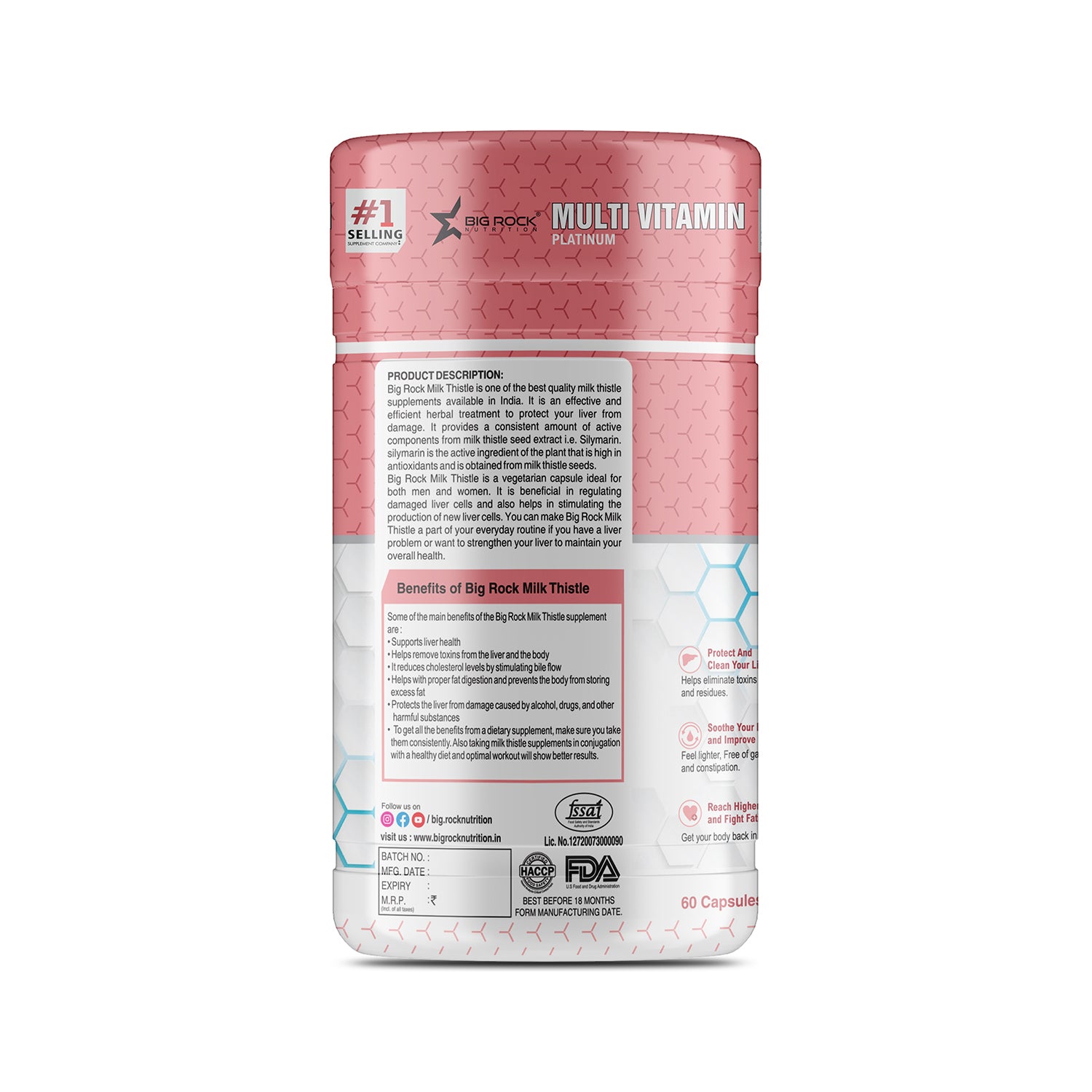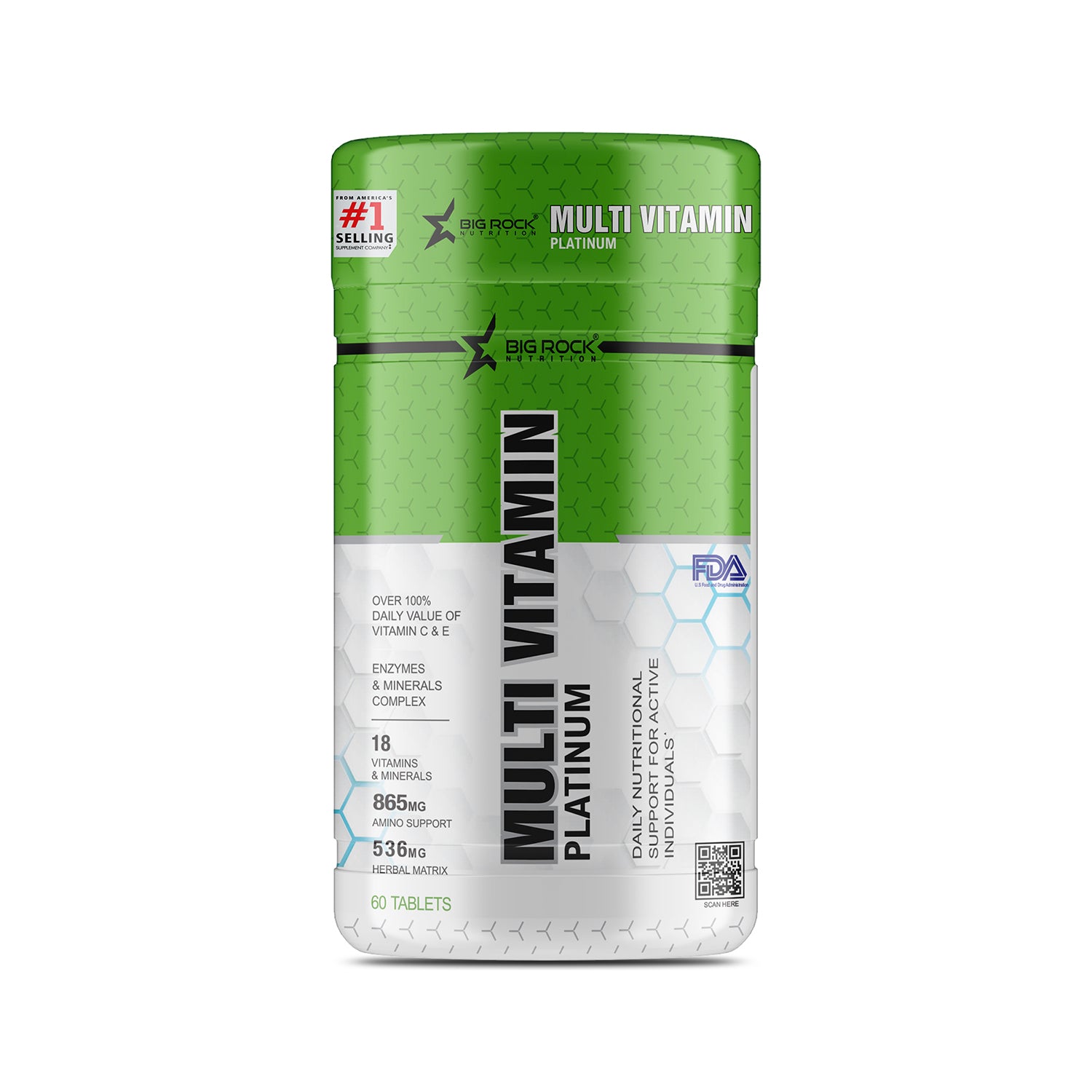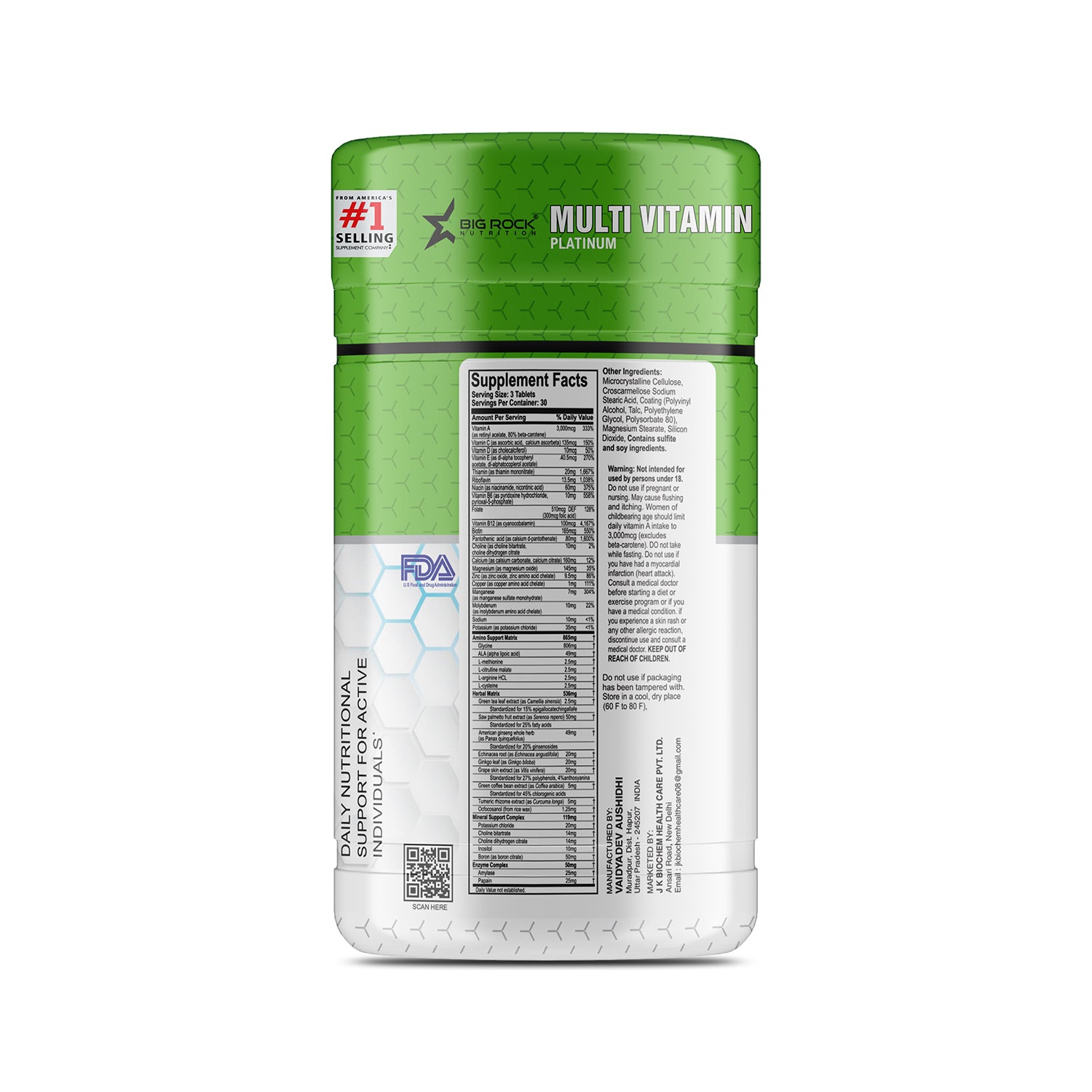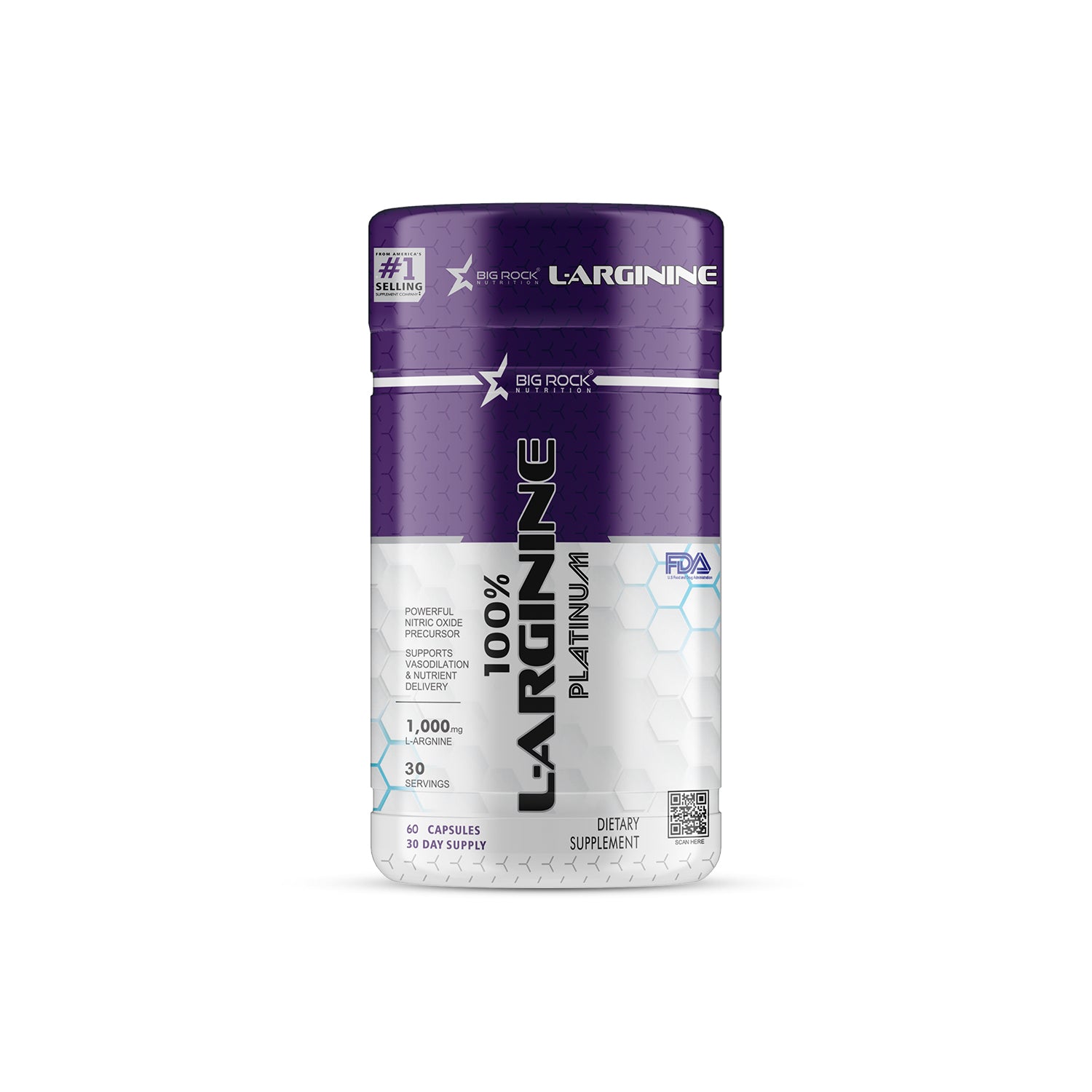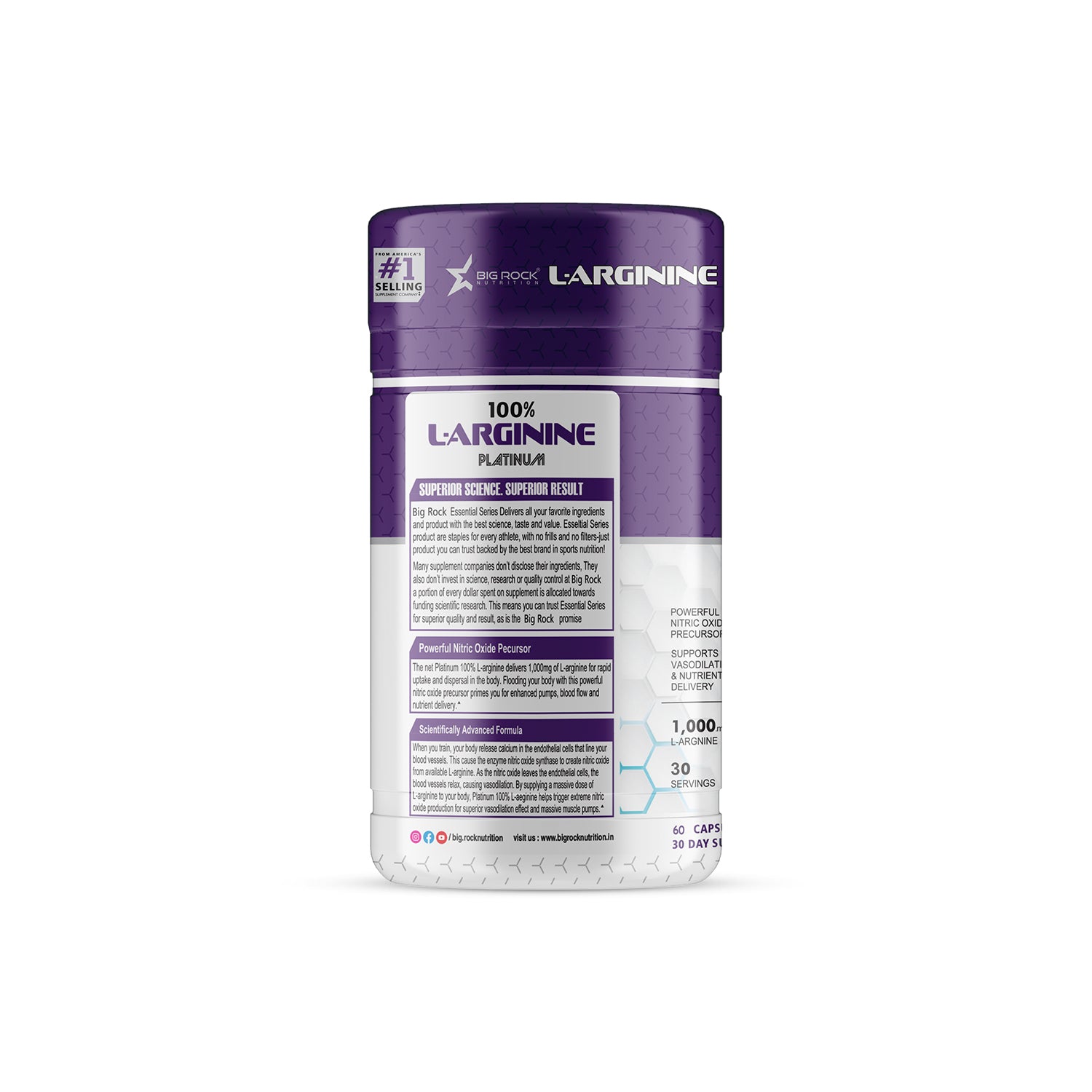Protein itself does not make you fat, but like any other macronutrient (carbohydrates or fats), consuming it in excess can lead to weight gain. Here's how protein intake relates to fat gain:
1. Caloric Surplus:
Energy Balance: Weight gain occurs when you consume more calories than your body needs for energy (a caloric surplus). If you consume more protein than your body requires, and you're in a caloric surplus, the excess calories from protein can be stored as fat.
Protein's Role: While protein is essential for building and repairing muscles, supporting immune function, and various other bodily processes, it still provides calories (about 4 calories per gram). If you eat more protein than your body can use for these purposes and your total caloric intake exceeds your expenditure, the excess calories can contribute to weight gain.
2. Protein and Satiety:
Feeling Full: Protein is more satiating than carbohydrates or fats, meaning it helps you feel fuller for longer. This can actually aid in weight management by reducing overall calorie intake, as you may be less likely to overeat if you feel satisfied.
Muscle Preservation: Adequate protein intake is important when losing weight, as it helps preserve muscle mass while you lose fat. This is crucial because maintaining muscle mass helps keep your metabolism higher, making it easier to manage your weight.
3. Muscle Gain vs. Fat Gain: Building Muscle: When combined with strength training, protein can help build muscle. Muscle is denser than fat, so you might see an increase in weight on the scale, but this is due to muscle gain rather than fat gain.
Lean Mass: Gaining muscle mass can be beneficial because it increases your resting metabolic rate, meaning you burn more calories even at rest. This can help prevent fat gain in the long term.
4. Excess Protein Consumption:
Conversion to Fat: If protein intake is consistently higher than what your body needs and your total caloric intake is excessive, the body can convert excess protein into glucose through a process called gluconeogenesis. If this glucose is not used for energy, it can eventually be stored as fat.
Practical Limits: However, for most people, it's difficult to overeat protein to the point where it leads to significant fat gain, especially if protein is part of a balanced diet.
5. Diet Composition:
Balanced Diet: Weight gain is more about overall diet composition and calorie balance than about one macronutrient. A diet high in protein, when balanced with appropriate levels of carbohydrates and fats, is unlikely to cause fat gain unless it leads to a consistent caloric surplus.
6. Metabolic Impact:
Thermic Effect of Food: Protein has a higher thermic effect than carbs or fats, meaning your body uses more energy to digest and metabolize protein. This can slightly increase your overall energy expenditure, which may help mitigate some of the calories from protein, making it less likely to lead to fat gain.
Conclusion:
Protein, when consumed as part of a balanced diet and in appropriate amounts, does not make you fat. In fact, it can help with weight management by promoting satiety, preserving muscle mass, and supporting a healthy metabolism. However, as with any nutrient, excessive intake of protein, especially in the context of a caloric surplus, can lead to weight gain, potentially in the form of fat. The key is to maintain a balanced diet and manage overall calorie intake relative to your energy expenditure.







